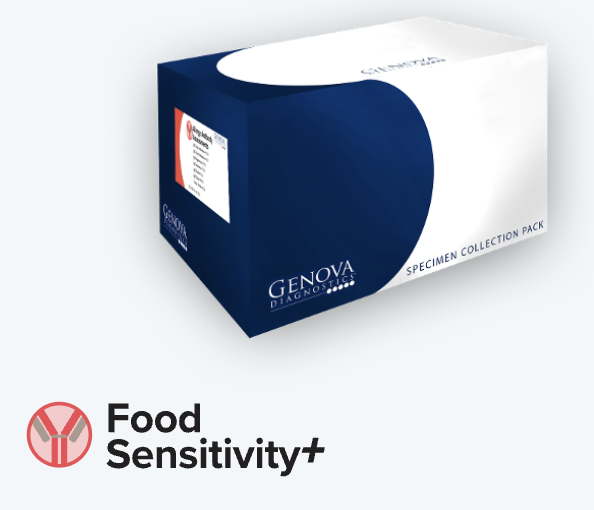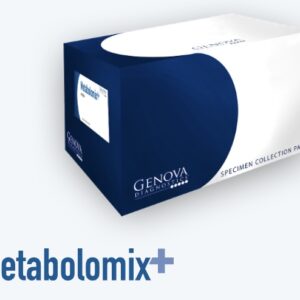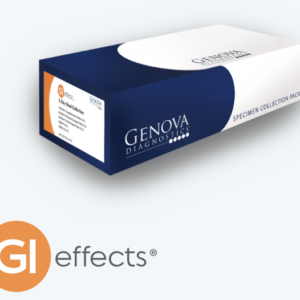Testing – Food Sensitivity
$499.99
Gain insight into symptoms triggered by food. The IgG and IgE Antibody Profiles are blood tests that measure antibodies to commonly consumed foods and environmental allergens.
Description
Food and Environmental Antibody Assessment
The IgG and IgE Antibody Panels are blood tests that measure antibodies to commonly consumed foods and environmental allergens. The body can react to foods in many different ways. Adverse food reactions can lead to distressing symptoms and chronic health conditions. Often times it is unknown exactly which food(s) may be the cause and testing can help identify the problematic foods. Removal of the reactive foods often results in resolution of symptoms.
What is the difference between IgE and IgG-mediated reactions?
The key differences between IgE allergies and IgG sensitivities are summarized below:[1]
IgE-Mediated Allergies (Foods, molds, inhalants)
- Immediate onset (minutes to hours)
- Circulating half-life of 1-2 days
- Permanent allergies
- Mast cell activation
- Stimulates histamine release
- Hives, stuffy or itchy nose, sneezing, itchy, teary eyes, vomiting, stomach cramps or diarrhea, angioedema or swelling, shortness of breath or wheezing, anaphylaxis
IgG-Mediated Sensitivities (Foods, spices, vegetarian foods)
- Delayed onset (hours to days)
- Circulating half-life of 22-96 days
- Temporary sensitivities
- Activates complement and forms immune complexes
- Does not stimulate histamine release
- Gastrointestinal symptoms, headaches, joint aches, skin rashes, fatigue, behavioral problems, other vague symptoms
The role of IgG food antibody testing is still being researched, however studies have shown benefit of testing in certain conditions.[1] A study comparing methodologies showed that, “IgG ELISA testing is more reliable and consistent than cell size testing for identifying food sensitivities.”[21] Examples of cell size testing, or cytotoxic testing include mediator release testing (MRT), antigen leukocyte antibody testing (ALCAT) and lymphocyte response assays. These and other methodologies require well-designed trials for validation.[1]
Conditions associated with IgG food sensitivity
- Irritable Bowel Syndrome (IBS)
- Major Depressive Disorder
- Migraine headaches
- Skin rashes such as eczema
- Joint aches
- Autoimmune disease
- Crohn’s Disease
- Obesity
The “Leaky Gut” Connection
The presence of circulating IgG antibodies to foods may be suggestive of increased intestinal permeability, also referred to as “leaky gut syndrome.” When the tight junctions forming the barrier in the gut don’t work properly, larger substances can “leak” through, causing an immune response. This immune response may result in the production of IgG antibodies to foods. There are multiple dietary and lifestyle factors that contribute to increased intestinal permeability. These factors include alcohol,stress, chronic NSAID use,Western-type diet (high consumption of red meat, animal fat, high sugar and low fiber food), and prolonged and strenuous exercise.
Only logged in customers who have purchased this product may leave a review.





Reviews
There are no reviews yet.